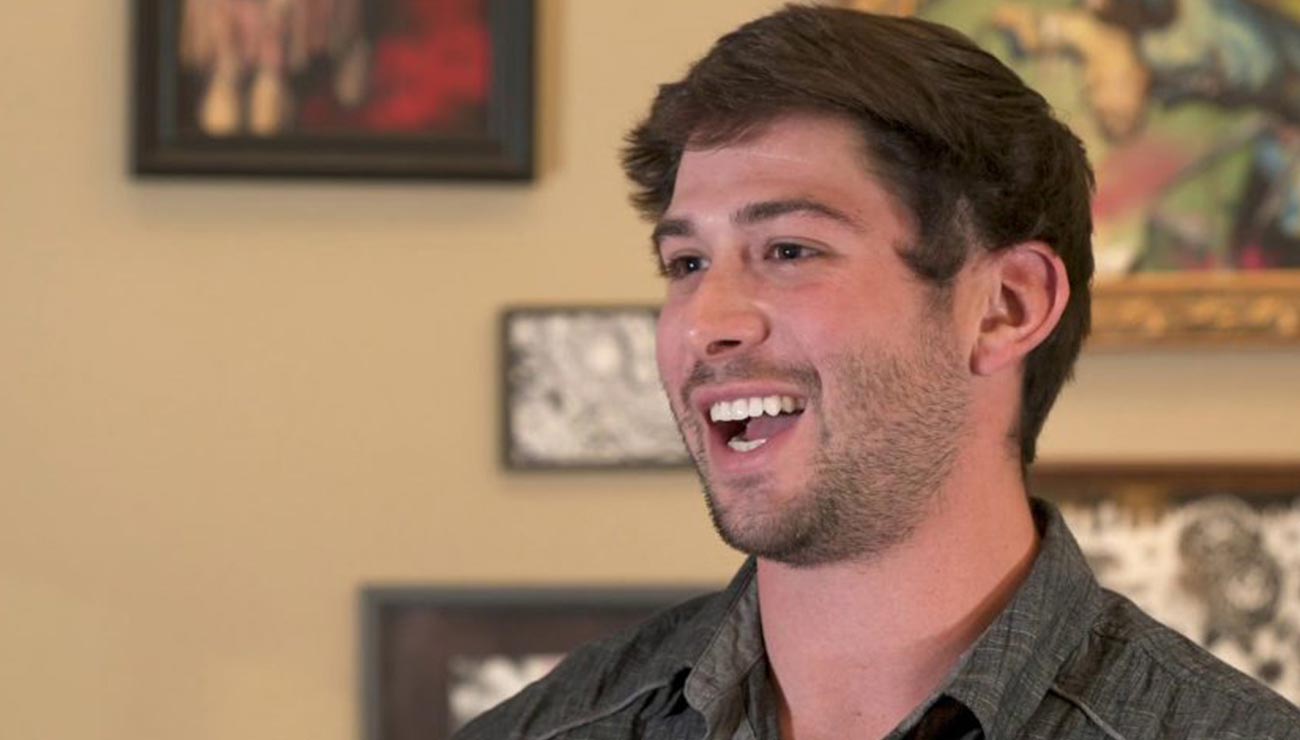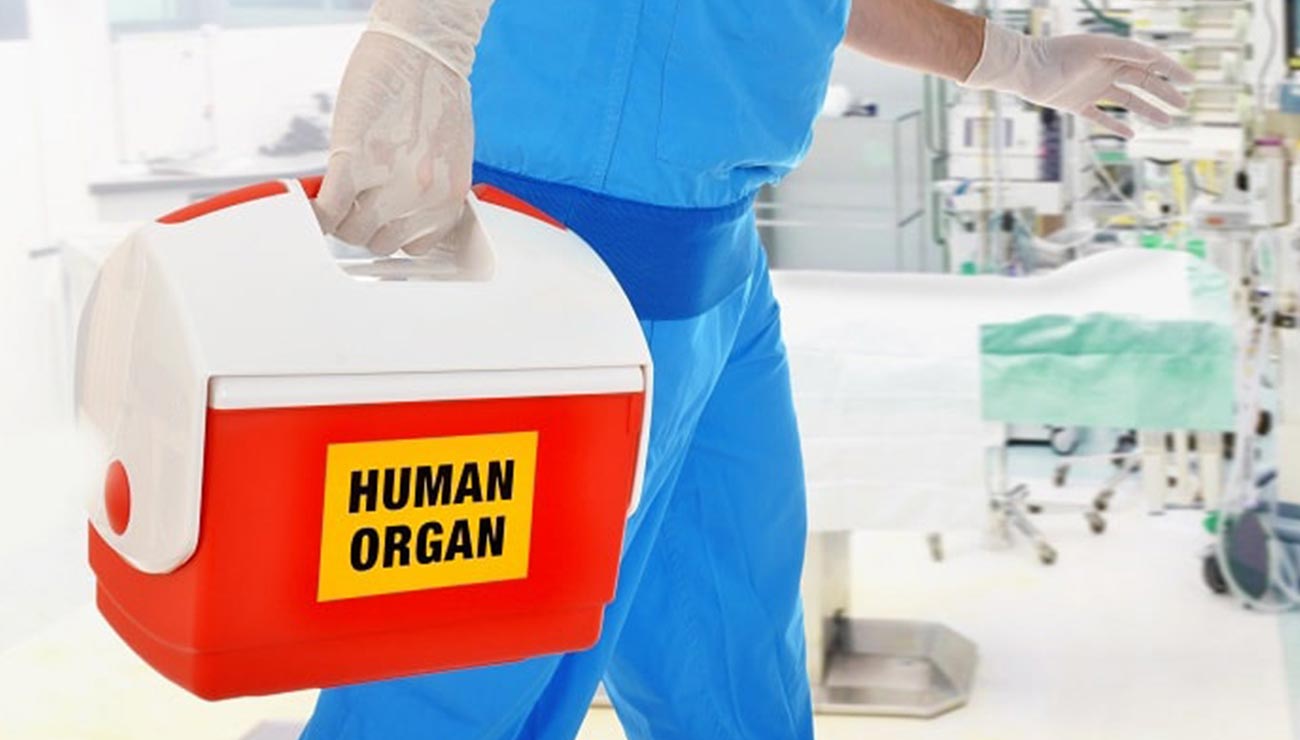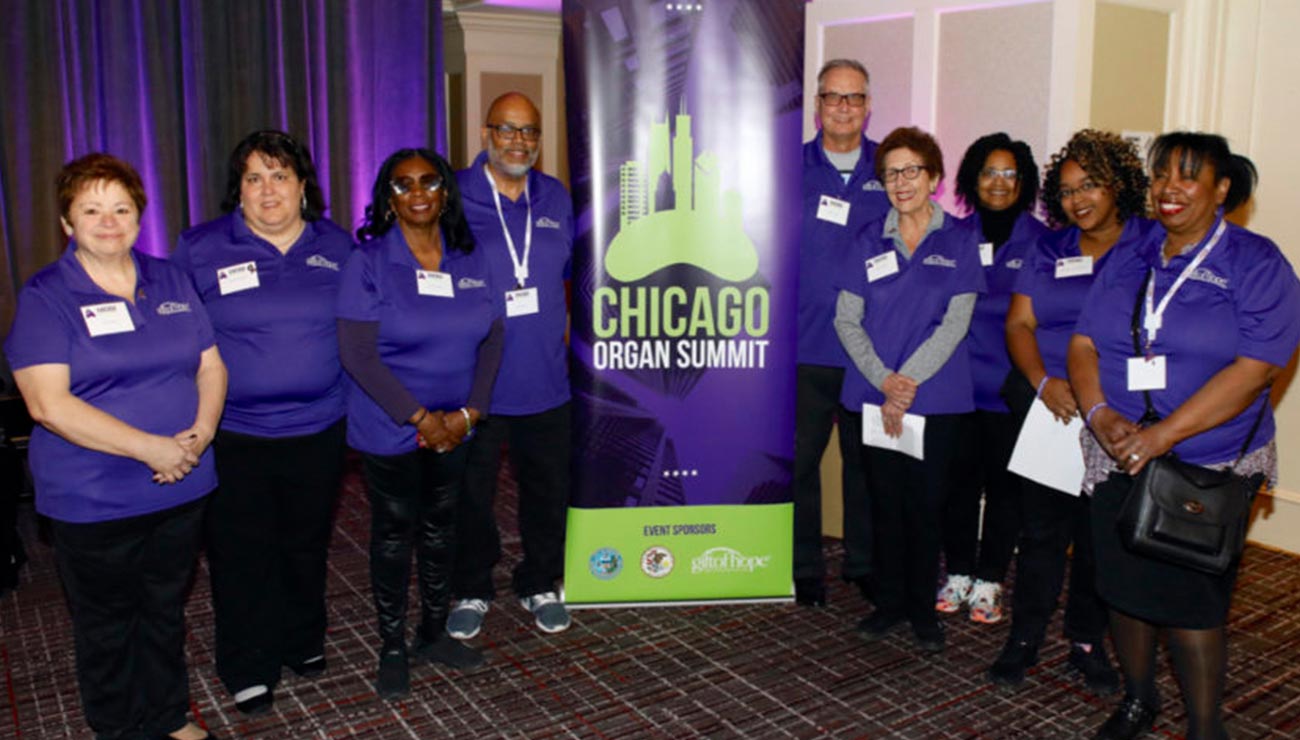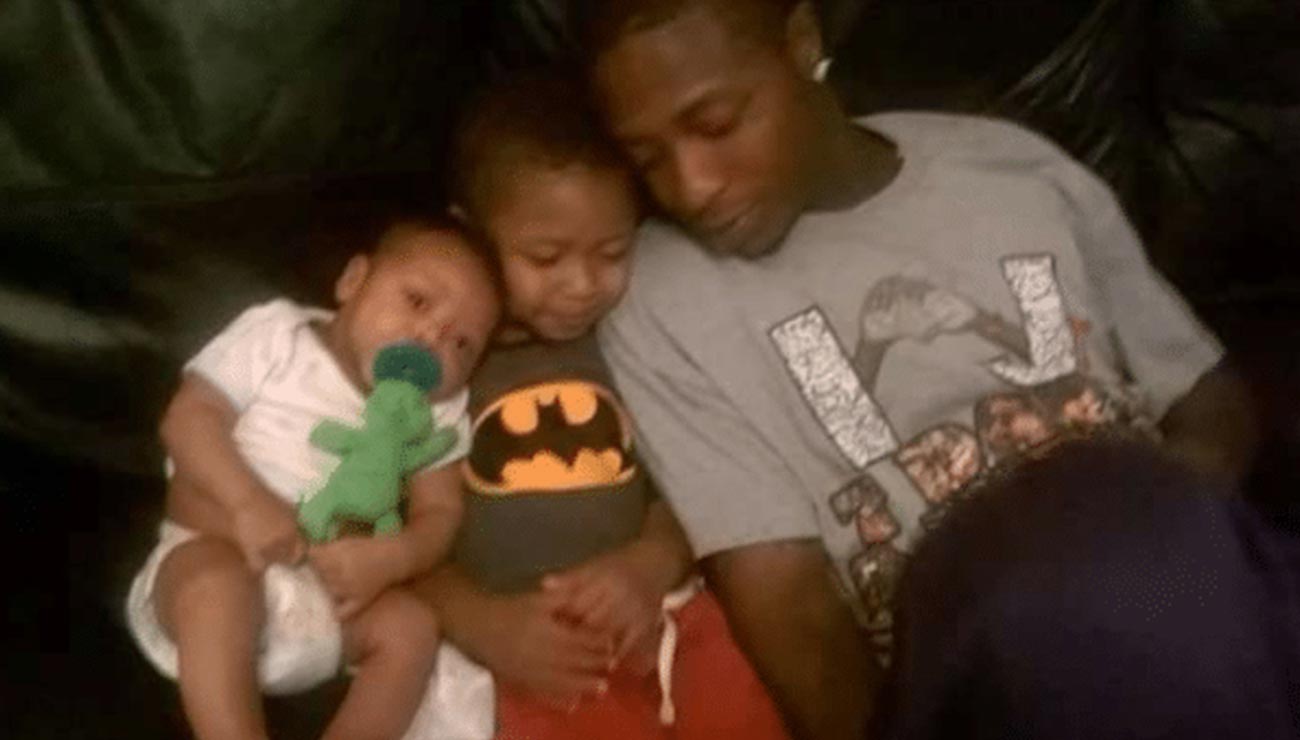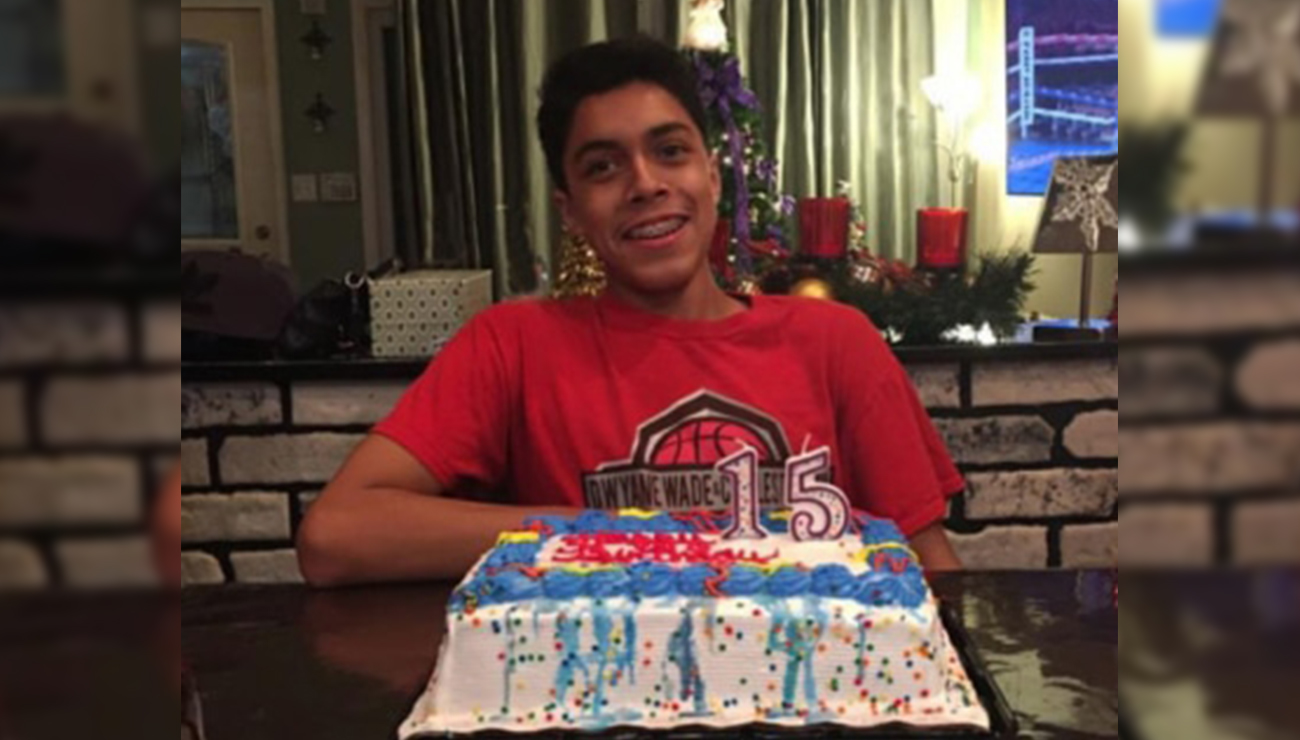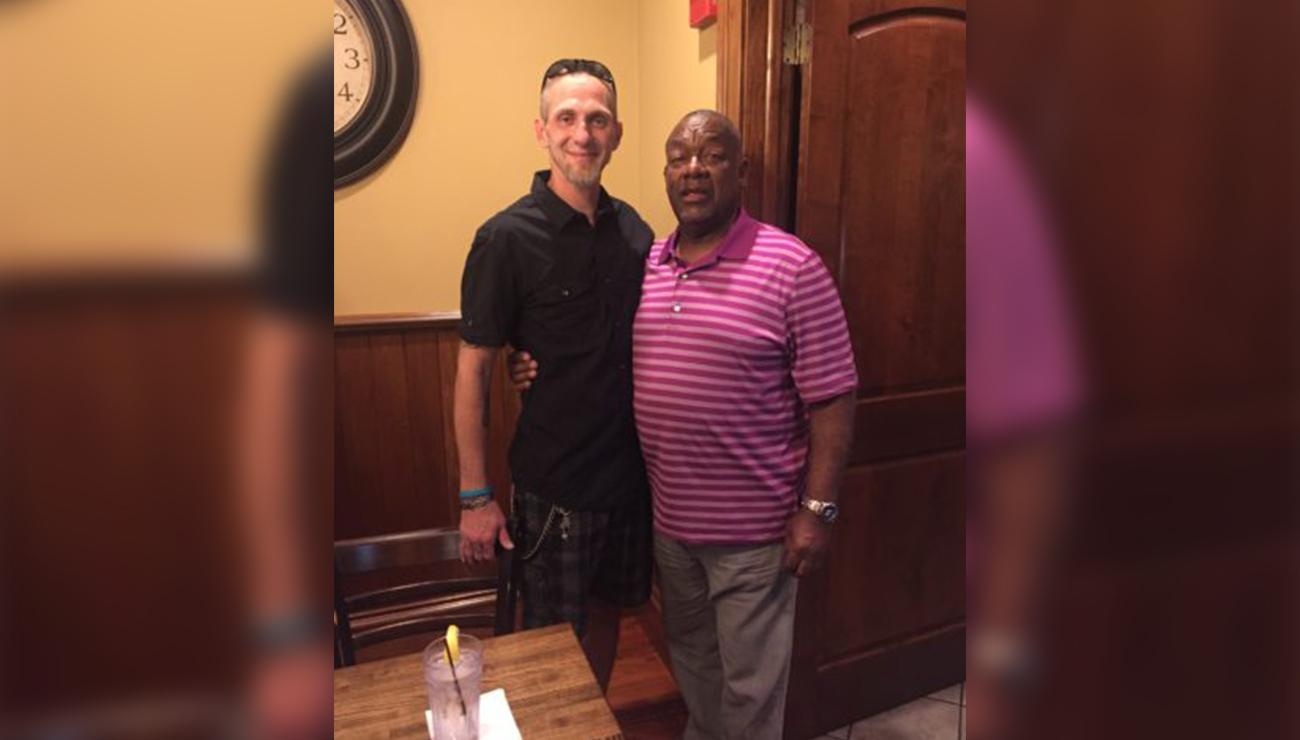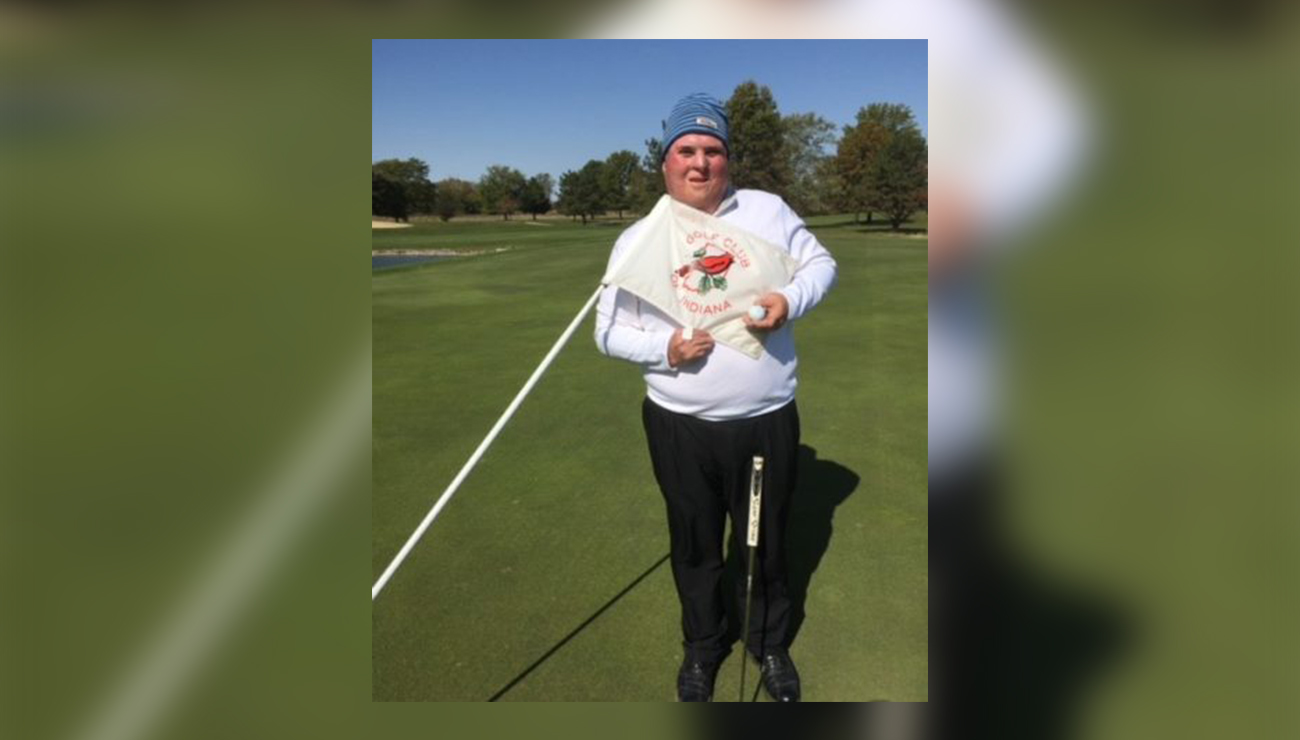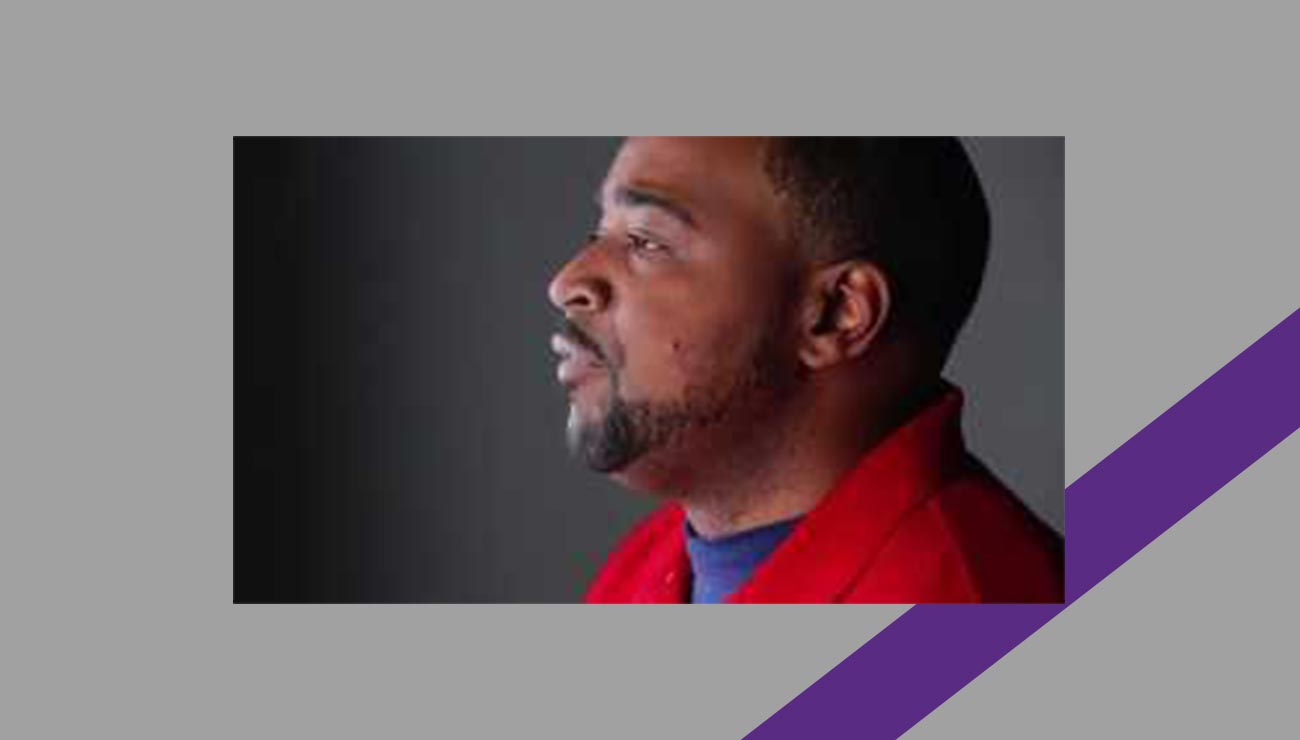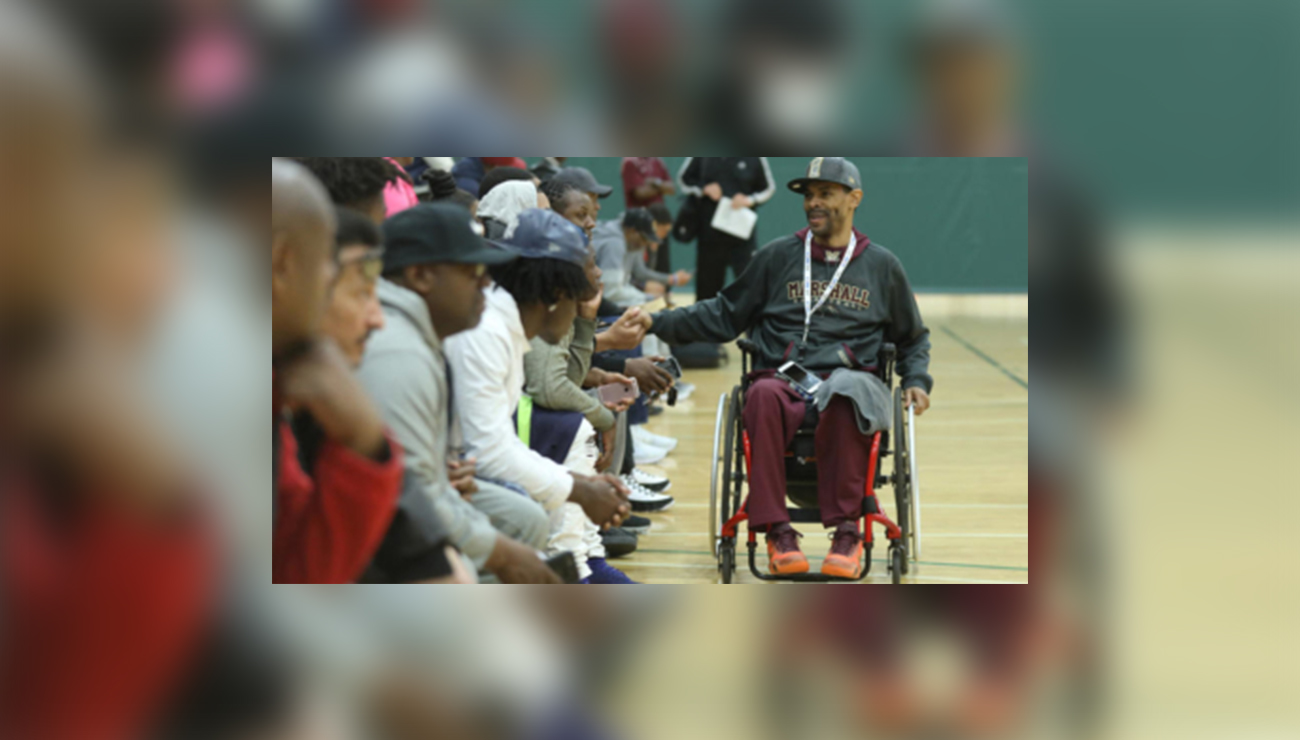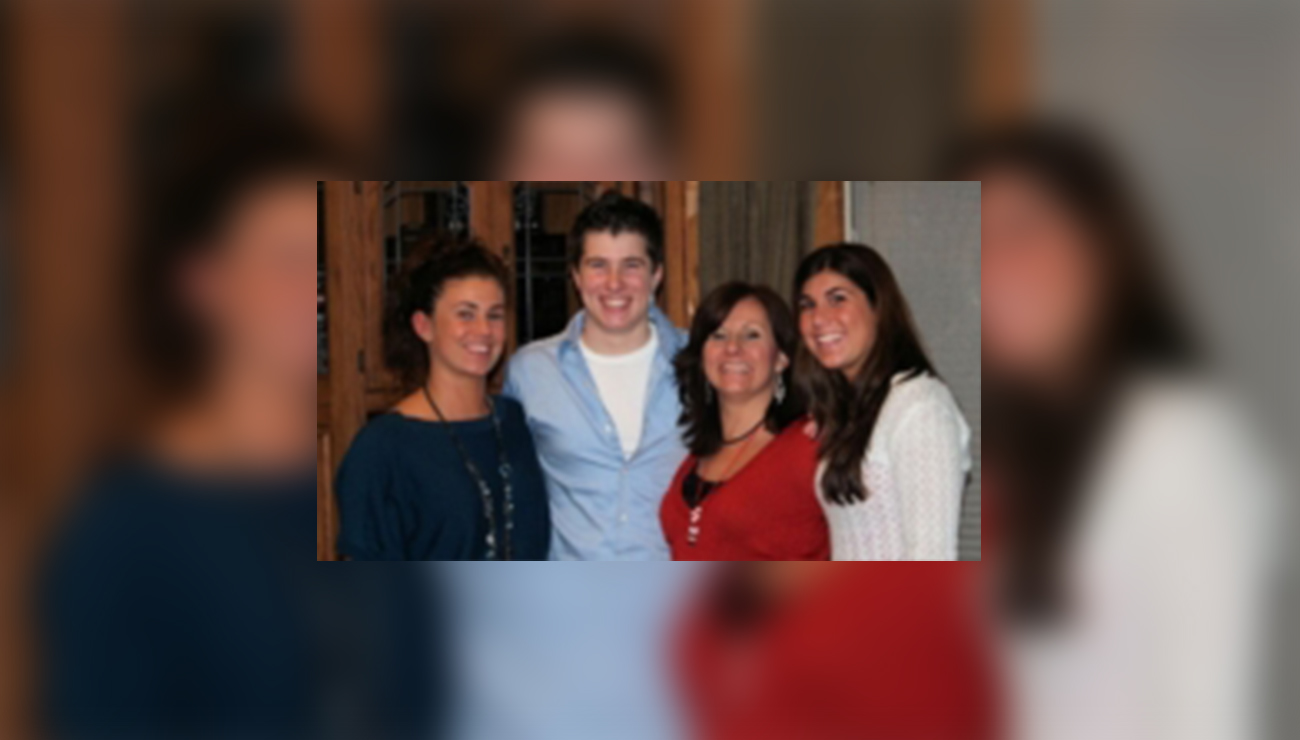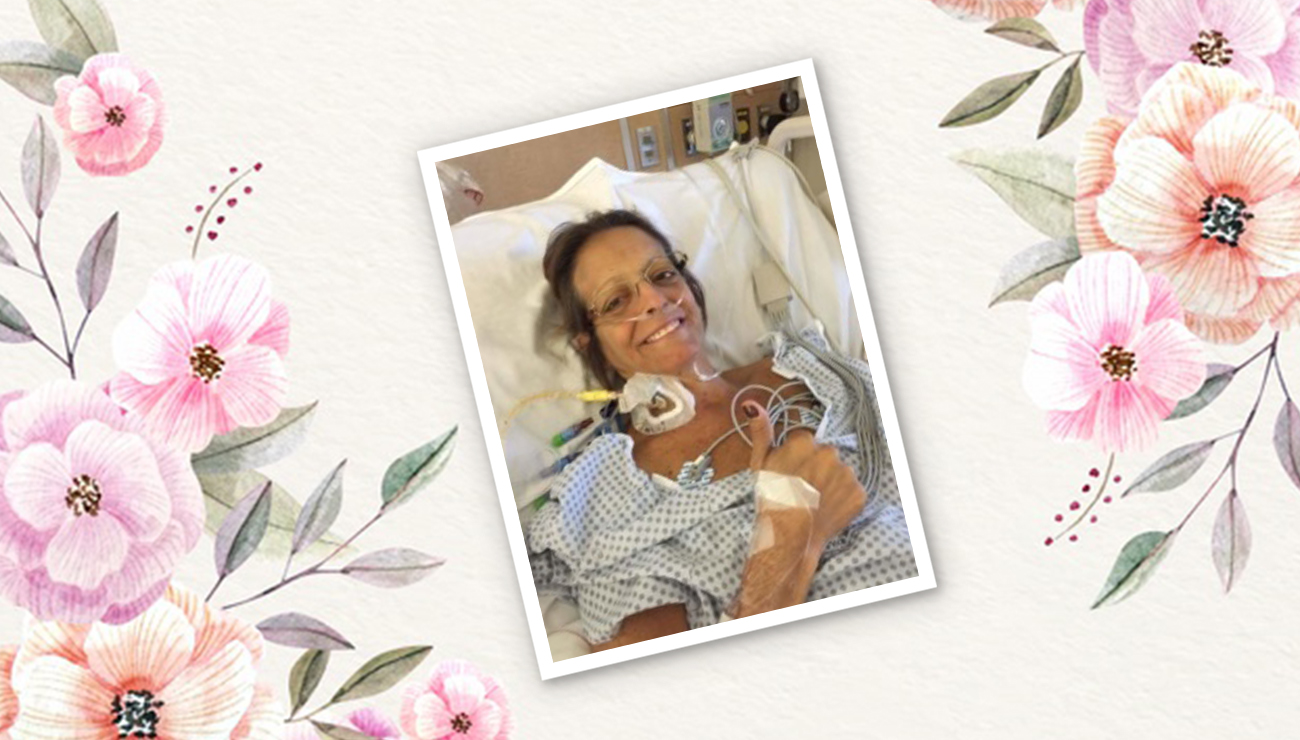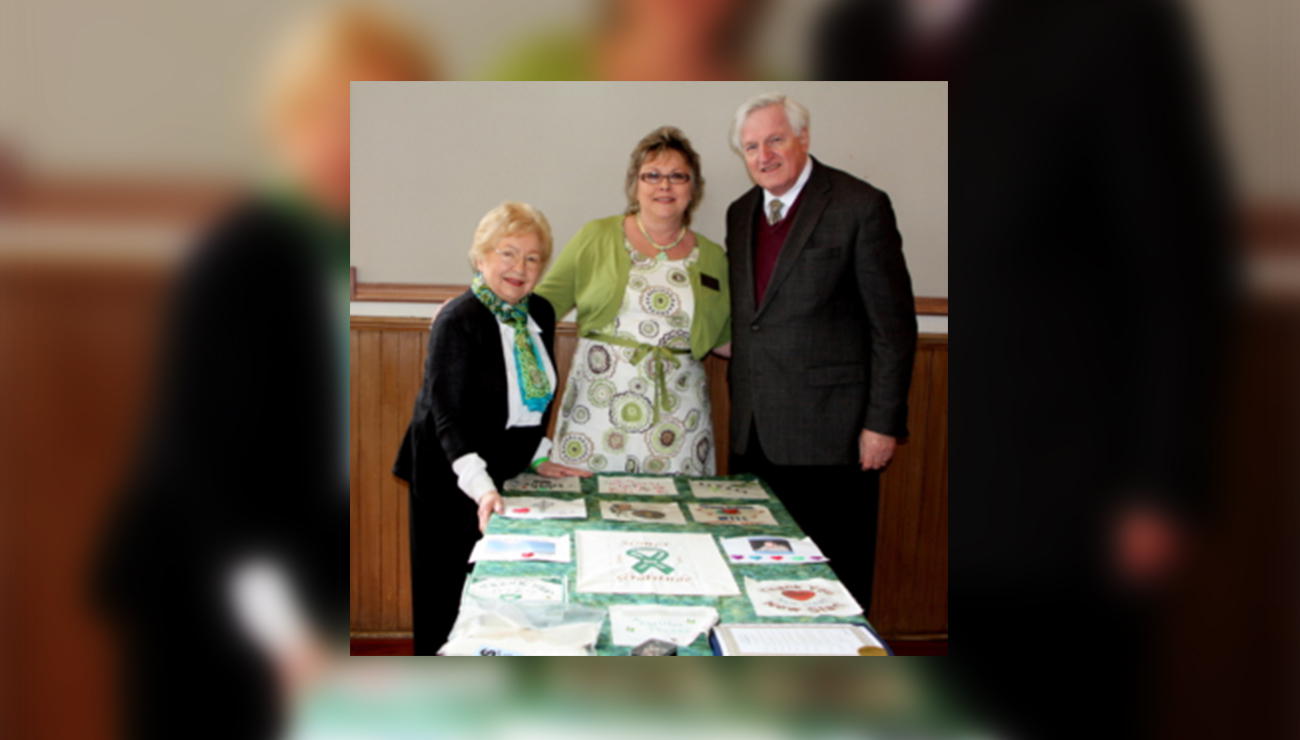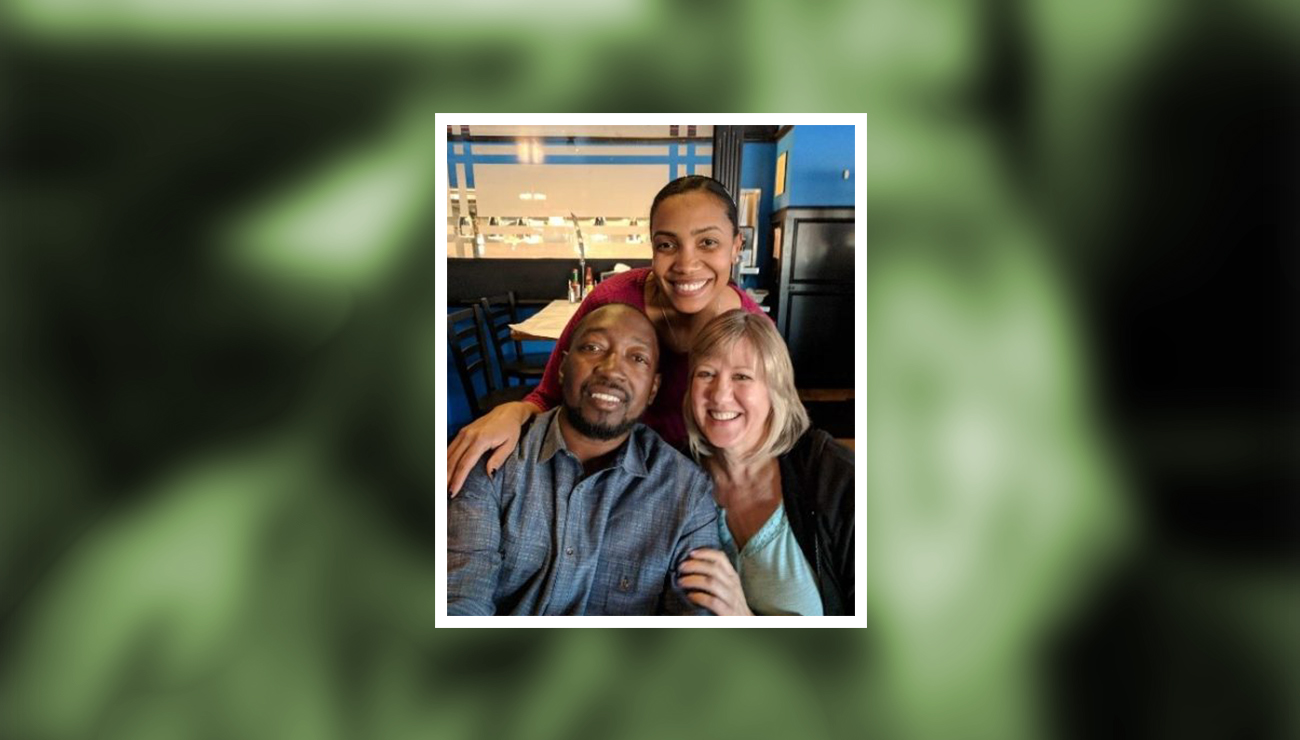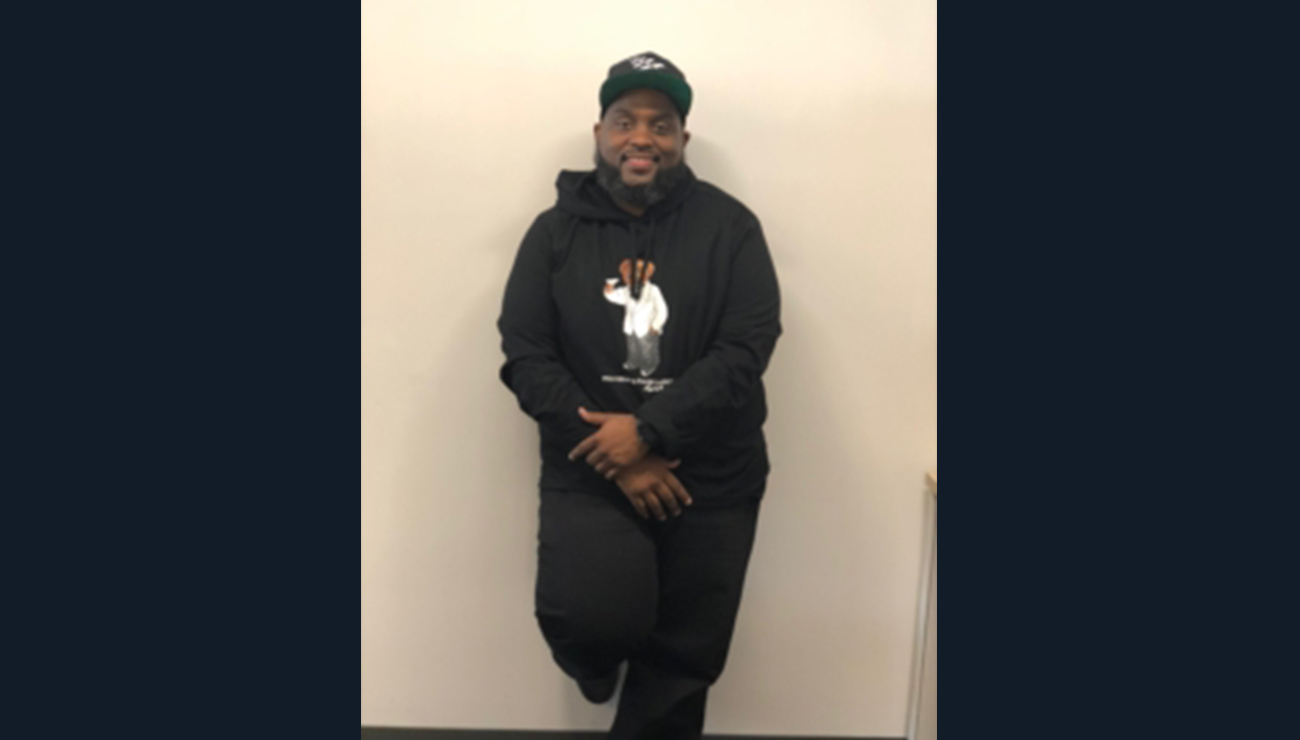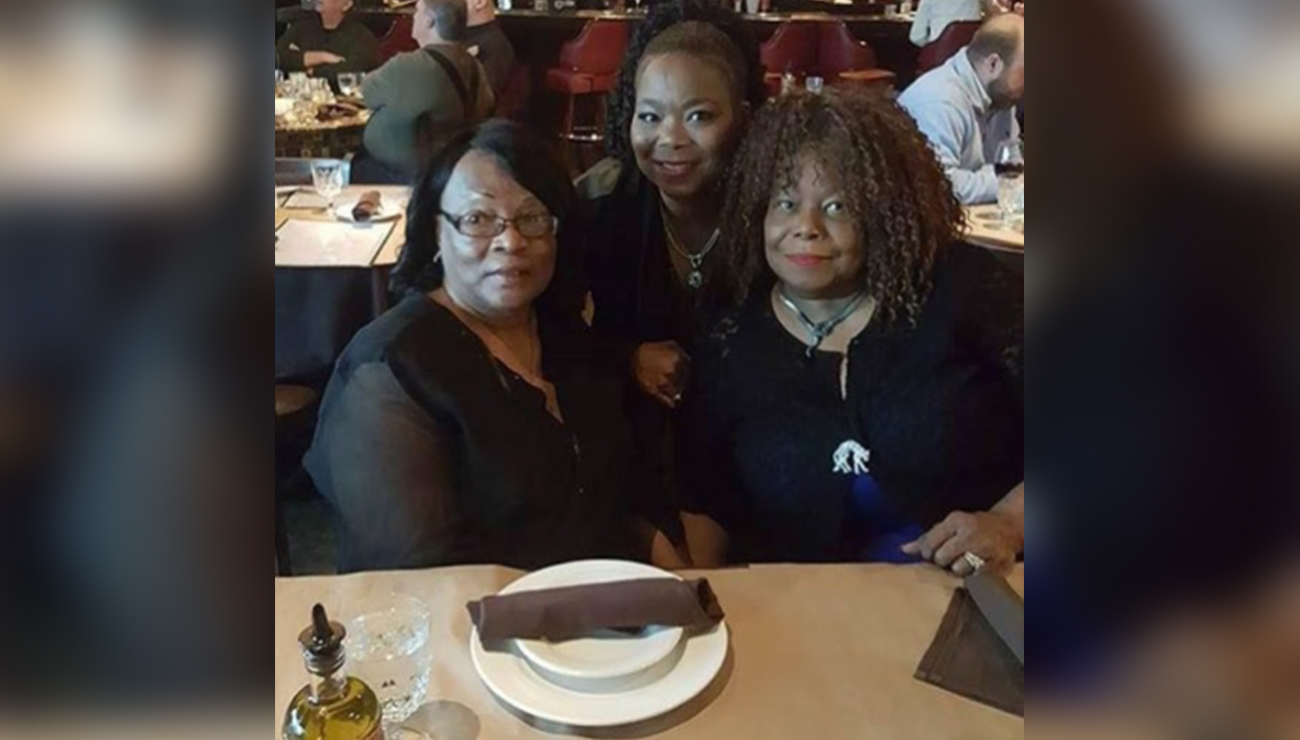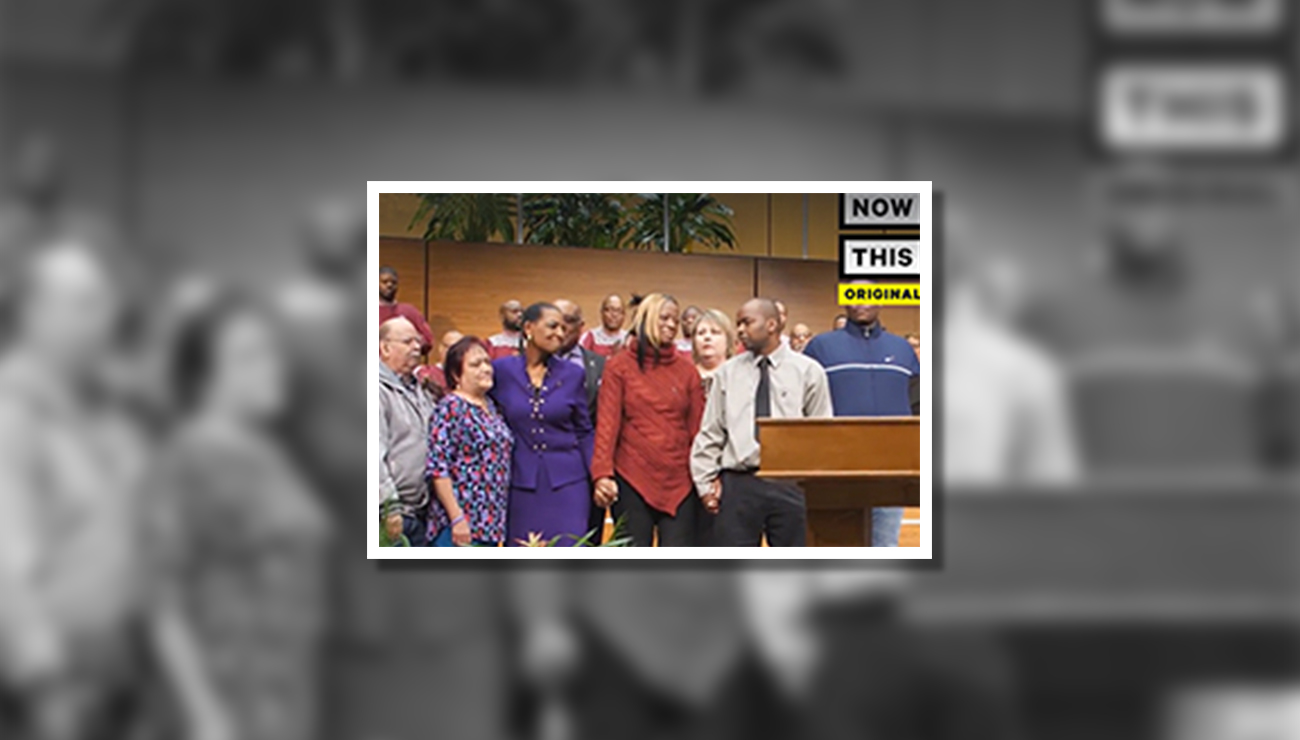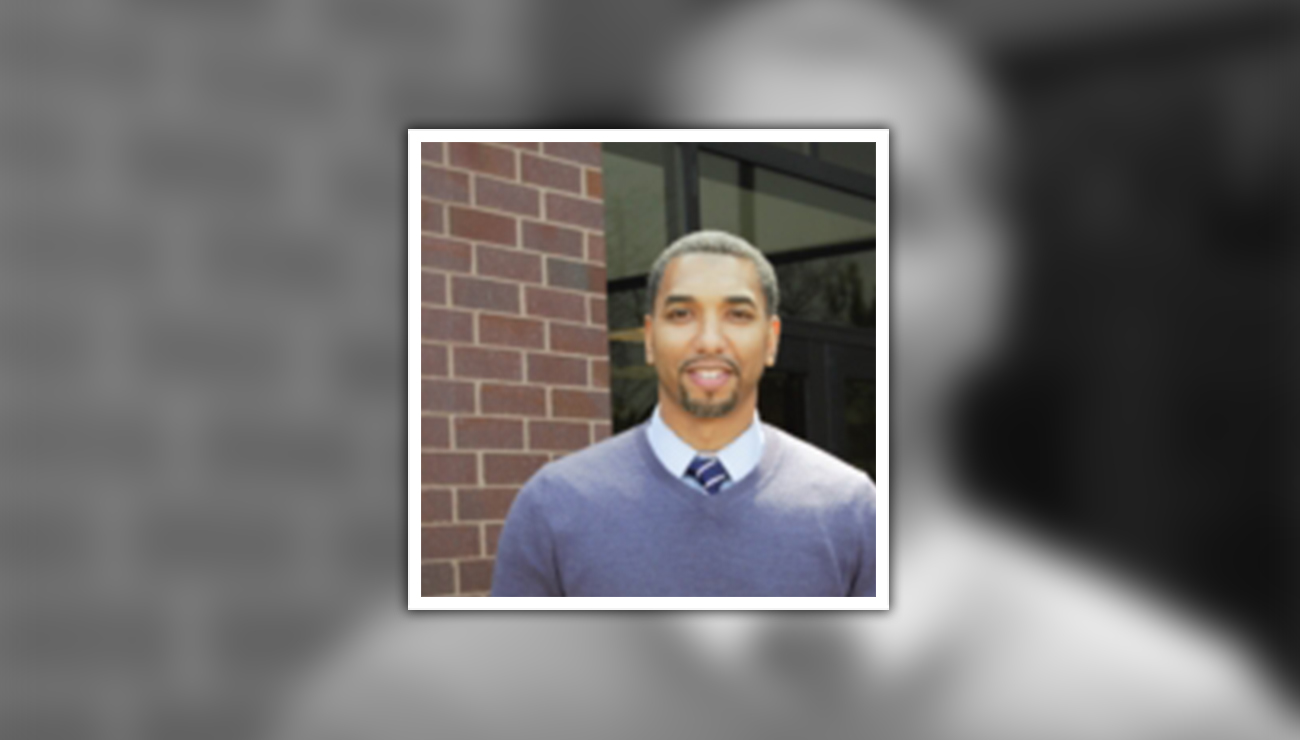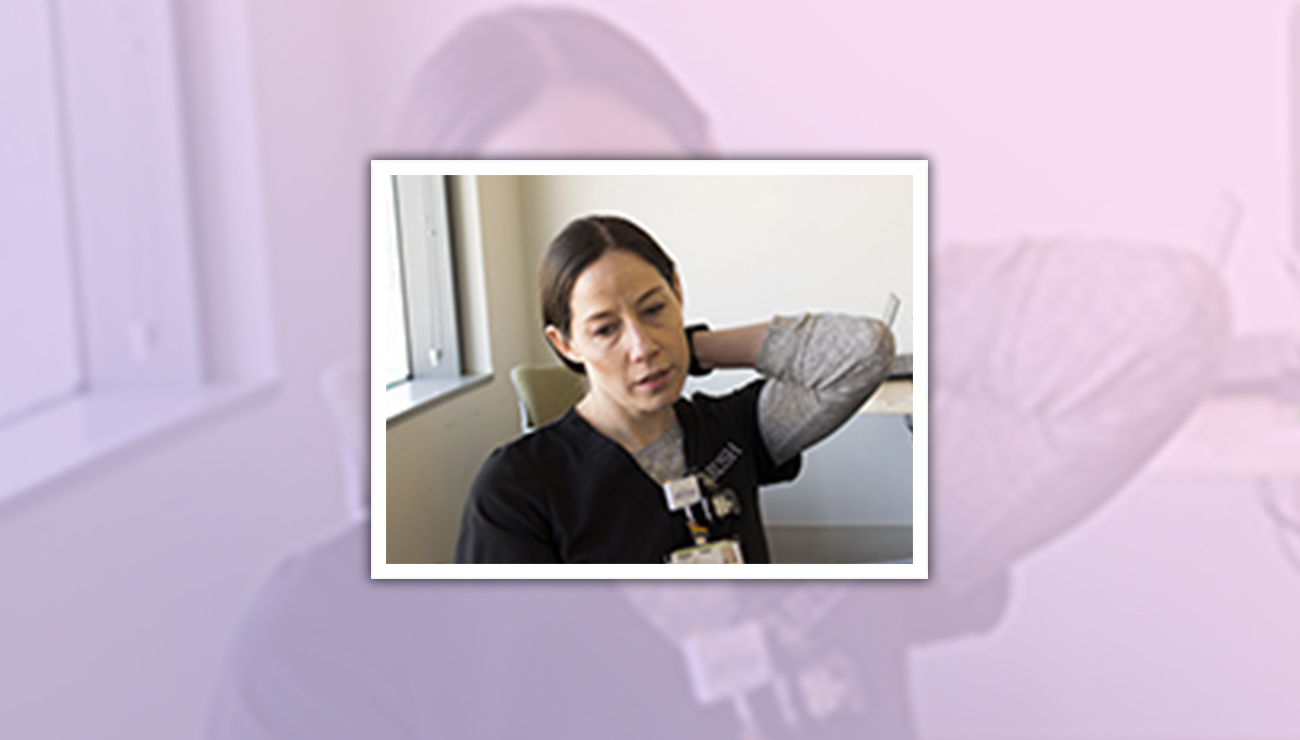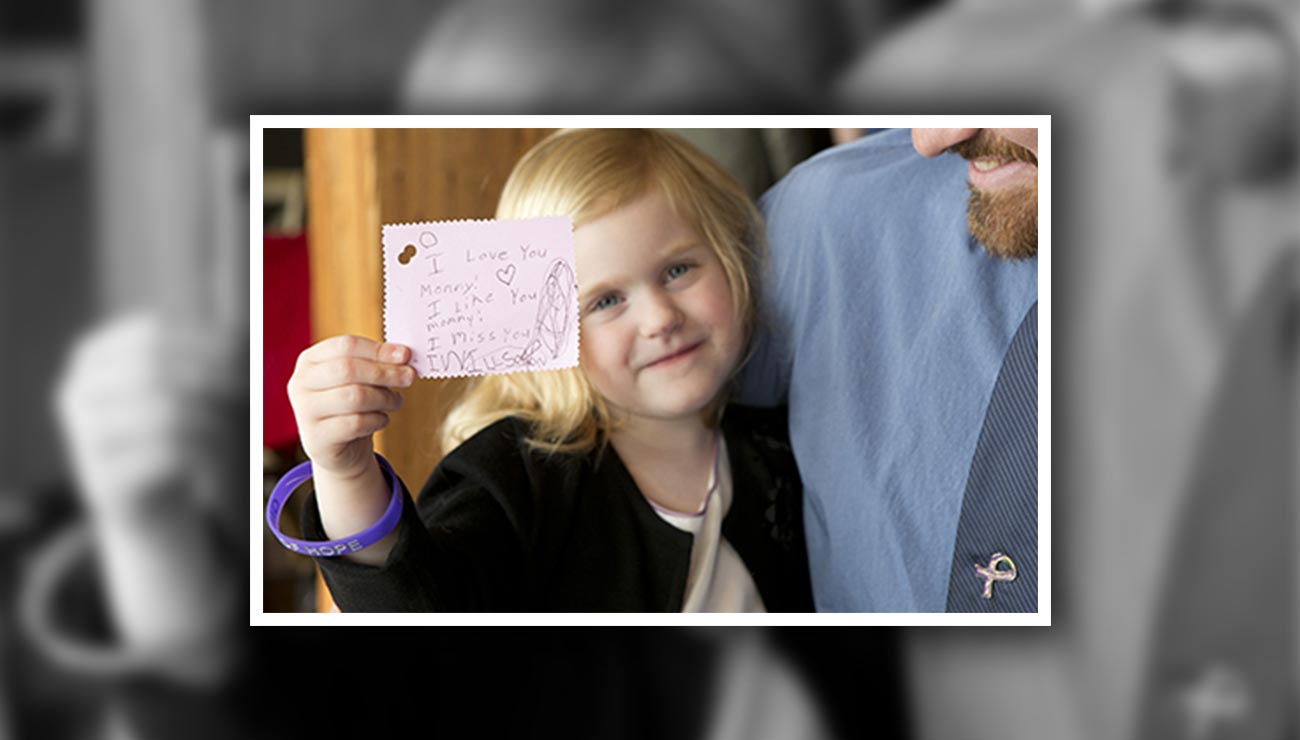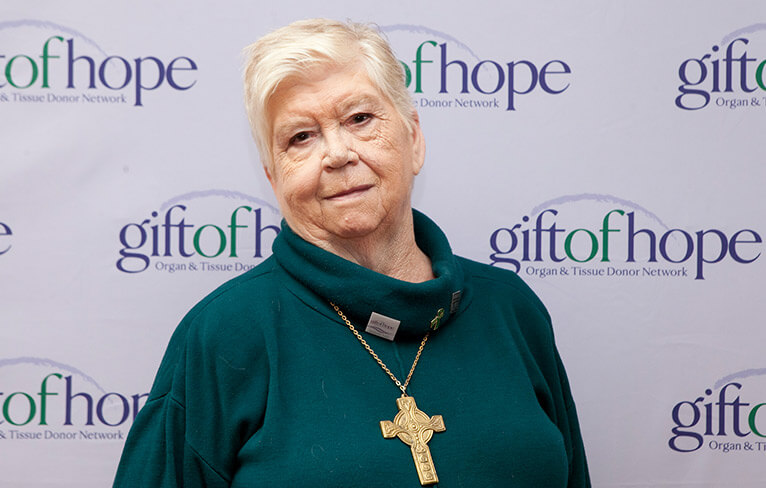Unless you or a family member are on a waiting list for an organ donation, it may not seem like an area for concern. However, the need for organ donors is great according to the American Transplant Foundation and should be considered by everyone regardless of current need. The foundation reports that every day, an average of 20 people die because a life-saving organ could not be found for them. Every 10 minutes, another person finds out that their only hope for survival is an organ transplant and has his or her name added to the list. Currently, there are more than 113,000 people waiting for an organ donation. Anyone can help answer this need by becoming an organ and tissue donor. Here are some facts and fallacies surrounding organ and tissue donation to help in making an informed decision.
Fallacies about organ and tissue donation
If the hospital staff knows that I am an organ or tissue donor, they won’t try to save my life.
The primary goal of a medical professional is to do everything to save a life. Organ and tissue donation is not even discussed until death is declared. Typically, medical professionals who are involved in care are not the same people responsible for organ and tissue recovery.
My body is too old or unhealthy to be used for organ or tissue donation.
The decision about whether organs and tissues are viable is made after death. There are more than 50 different organs and tissues that can change the lives of others through a single donation. People with chronic diseases or even cancer are still encouraged to join the donor registry.
If you are wealthy or famous, you can get an organ more quickly.
The only factors used to determine who receives an organ are the severity of illness, time spent waiting, blood type and match potential. Income, race or social status are never factors in determining who receives an organ or tissue. Your gift truly is given to those who need it most.
My religion does not approve of organ donation.
Most major religions do approve of the charity and goodwill involved in organ and tissue donation. Consult your religious leader to ease any concerns.
After donating organs or tissues, a closed casket funeral is necessary.
Organ procurement organizations treat donors with respect and dignity. The donor’s body will be able to be viewed in an open casket if desired.
My family will be required to pay for the cost of organ donations.
The cost of recovering and processing organs and tissues for transplant is never charged to the donor family. They will only have to be responsible for the care before death and for funeral arrangements following death.
Organ and tissue donation facts
One organ and tissue donor can improve many lives, not just one.
Organs that can be donated after death include the heart, liver, kidneys, lungs, pancreas and small intestines. One donor can save or enhance the lives of up to 25 people. Tissues which can be transplanted include corneas, skin, veins, heart valves, tendons, ligaments, and bones. The cornea is the most frequently transplanted tissue with more than 40,000 corneal transplants taking place each year in the United States.
Living donation increases the organ supply.
It is possible to become a living donor by donating a kidney, part of the liver, lung, intestines, blood or bone marrow. About 6,000 living donations happen each year in the United States. Interestingly, one in four living donors are not biologically related to the recipient and are motivated simply by the act of helping another.
All types of organ donors are needed.
Donors are needed for all races and ethnic groups. The rate of success of a transplant is increased when organs are matched between members of the same ethnic backgrounds.
Organs donations are not sold.
The buying and selling of human organs is not allowed for transplants in the United States and is also illegal in most other countries.
Privacy is respected.
Organ donation can be kept private. Information about the organ donor is only released to the recipient if the family of the donor requests or agrees to it.
Take the first step
Take the first step to becoming a donor by contacting Gift of Hope, an organization that coordinates organs and tissues for Illinois and northwestern Indiana making it possible for donors and recipients to be quickly and accurately matched. Gift of Hope also provides accurate information and support about the donation process to ease concerns. Be sure to discuss your decision to become a donor with your family and friends so they clearly understand your desire to be a donor. Making the decision to become a donor will make you a part of this organization that has brought hope and healing to thousands of lives. To learn more about becoming a donor, visit https://www.giftofhope.org/contact/.




